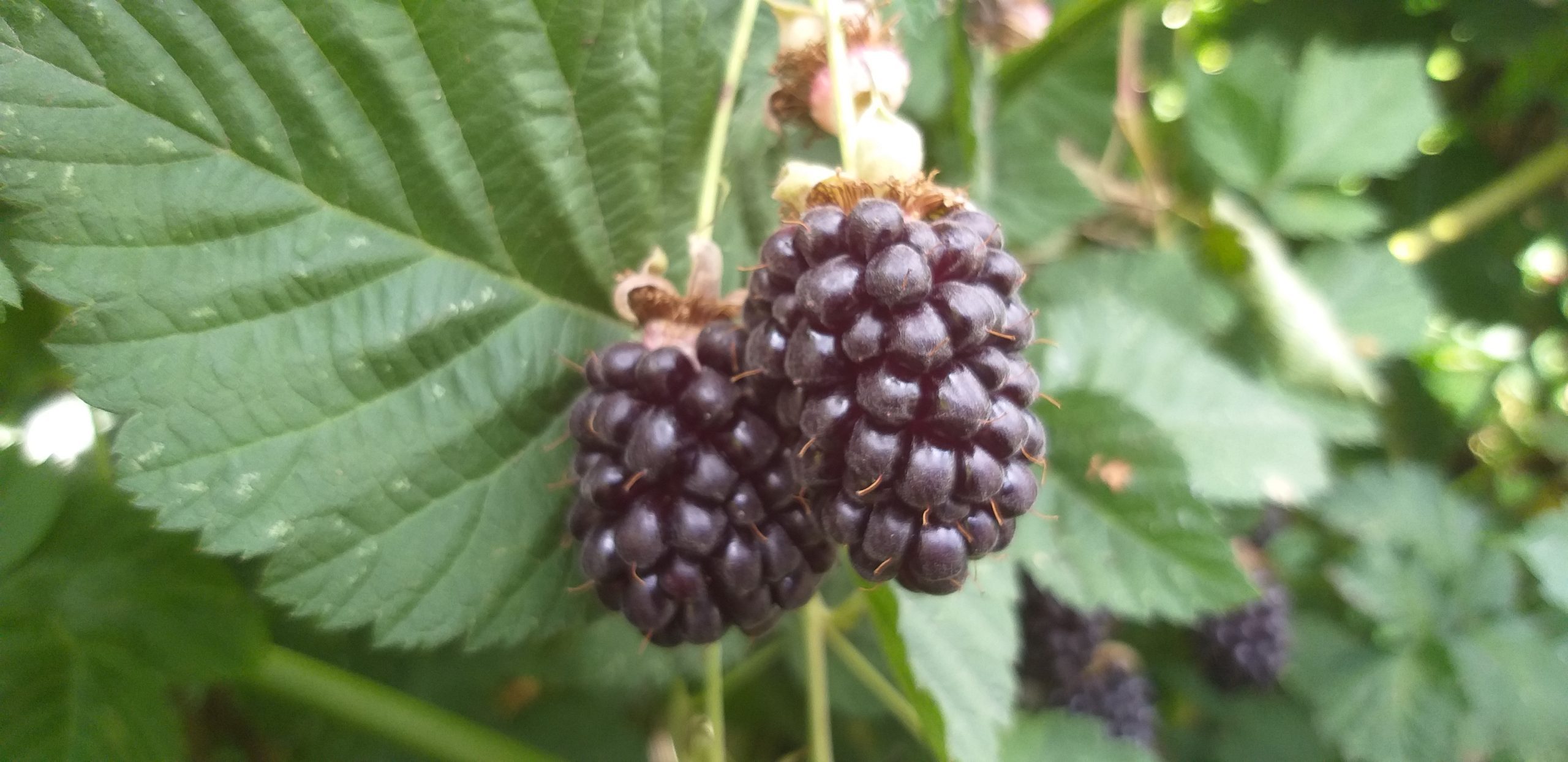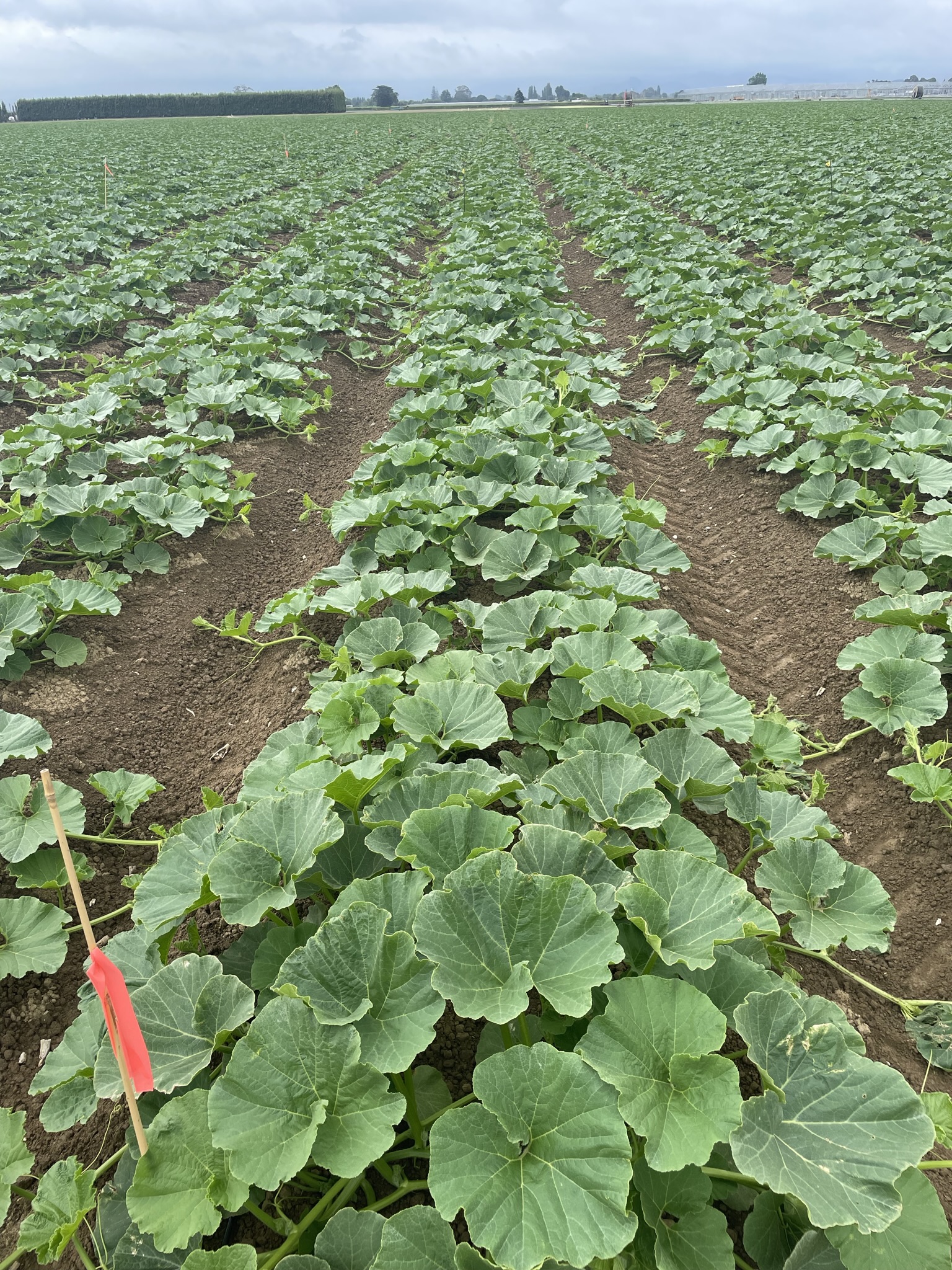ALT transition projects are looking to find products that will fill the gaps in crop protection programmes for growers through a series of field trials.
Transition projects are about helping growers move or transition from older chemistry to more desirable options.
The completed trials have involved 45 different products provided by 14 different agrichemical and bio-pesticide manufacturers. Crops involved in these trials were onions, broccoli, beans, squash, spinach and summer fruit.
New projects approved include boysenberries, summer fruit, peas, beans, lemons and oranges. These trials are underway and involve 20 products provided by 11 manufacturers.

Photo credit: Molly Shaw.
The products being evaluated include both new and existing biologicals or agrichemicals, registered for use in some crops, but are worth testing in other crops affected by the same pests or diseases.
The first round of reports have just been released to the pesticide companies who have registered to receive results. The names of the products and the companies involved, as well as the results cannot be released due to intellectual property rights. However, the reports provide sufficient data to determine which products are worth pursuing for further work to assist with registration of new uses.
This project has a long-term goal of giving growers more tools in their toolbox to manage pests and diseases, using products that are gentler on the environment. It is specifically focusing on crops where products currently being used are disappearing due to factors such as regulatory constraints, resistance and market forces.
Newly approved projects that form part of this work on identifying new options for crop protection include:
• A project with Processed Vegetables NZ is investigating the effectiveness of a range of bio-fungicides against fungal diseases in peas and beans, with the view to providing growers with viable alternatives. The sector recognises that growers require more sustainable alternatives to existing synthetic agrichemicals. The trials will also have benefits for the arable and fresh vegetable sectors.
• Citrus NZ has field trials underway to test the effectiveness of five new insecticides for the control of Kelly citrus thrips in lemons and Australian Citrus Whitefly in oranges.
• A project with Summerfruit NZ is looking at the effectiveness and residues of a new fungicide in cherries, apricots and peaches. Existing agrichemicals are failing to provide growers with effective controls for brown rot in these summer fruit.
• Boysenberries NZ has completed four field trials to evaluate four biopesticides for Botrytis control. The challenge of controlling this disease while meeting market residue requirements is becoming harder, especially during seasons where long periods of wet weather cause rot issues for boysenberries. The discovery of extensive resistance to existing sprays is exacerbating the problems for growers.
Watch as Nelson boysenberry grower Julian Raine outlines trials to find new disease control options for Botrytis in boysenberry crops.
Learn more about these projects in the Our Projects section of our website.
If you are interested in knowing more about these projects and others like them, subscribe to our newsletter In Touch by clicking this link.
